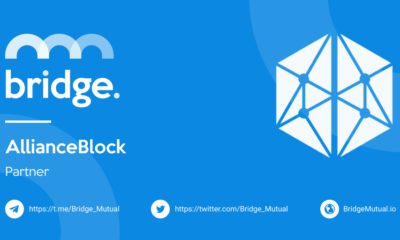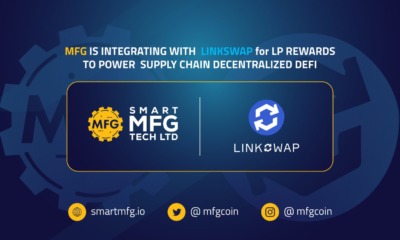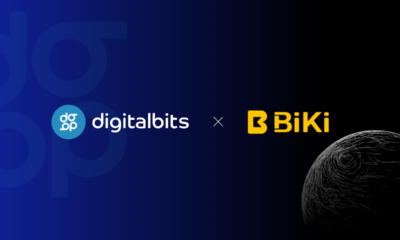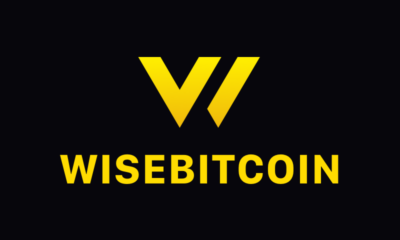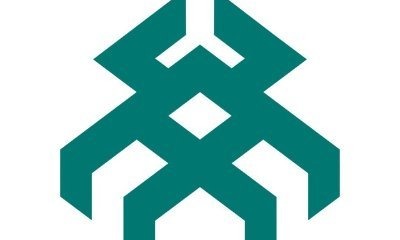Crypto Queen
Blockchain Could Re-balance the Freelancer-Employer Dynamic

The freelancer model has always been around, though depending on the era and job to be done, it’s assumed various creative labels. Regardless if it’s referred to as independent work, consulting, or outsourced labor, freelancing is a popular way for individuals to earn a living without the constraints of a boss, yet also for employers to scrape together the talent that their salaried workforces lack. Freelancing received a notable boost when it was introduced to the World Wide Web, but has since idled after first going through a period of staggering innovation. Where people once had to post fliers, call their entire Rolodex and rely on word of mouth, the internet helped these self-sufficient workers find a regular paycheck from employers across the globe.
In the years since the internet’s debut, freelancing has stagnated once more and is in dire need of an upgrade. The naturally imbalanced dynamic between freelancers and those who contract them for work means that the former is often at the mercy of the latter, with little chance for restitution should the relationship go awry. Central to the issue is one’s inability to enforce how or when (and sometimes if) they’re paid for their work, and this is a puzzle that blockchain is well-suited to solve with its decentralized ledger.
From Asymmetry to Equilibrium
Unfortunately, freelancers often are faced with no pay for work delivered, delays in the execution of contracts, and burdensome fees just for processing funds through the platforms on which they work. Though some might doubt this fact given the purported low overheads of an online business, popular services like Upwork and Freelancer.com often take over 20% of a freelancer’s contract pay, without making it known why their cut is so exorbitant.
Administrative costs and payment processing might justify some small fees, but through their efforts to prioritize shareholders over those using their platforms, the internet’s entrenched jobs platforms are surprisingly shortsighted. However, centralized internet channels drive traffic almost exclusively to these giants, meaning that their dominance remains unchallenged and therefore unmotivated to change. Freelancers, the world over pay exorbitant costs to use these “client aggregators” and must comply no matter the price.
It’s obvious by now that if given a more equitable alternative, that most freelancers would immediately make the switch. However, there hasn’t been a solution to comprehensively address this opportunity until blockchain appeared.
P2P and Blockchain—The Great Equalizers
Clearly, the internet’s openness cannot prevent a service connecting employers and freelancers from extracting value from both. Decentralized ledgers can host platforms with identical capabilities, without the obfuscation, however, and even manage to add extra beneficial functions as well. Most of the headwinds in freelancers’ way are a result of low transparency in the systems they engage with, namely because an authority given the power to enforce trust will abuse their role as gatekeeper.
Such a problem can be easily paved over by using smart contracts, which use irrefutable ledger data to explicitly describe the conditions upon which it will be triggered, thereby removing trust from the equation. This is what’s meant when people say ‘trustless’ solution. A decentralized network also commonly uses cryptocurrency for transactions on the chain which requires no significant processing power or effort all while reducing the impact of associated fees and overheads. Finally, with no middlemen or headhunters looking to place themselves in the center of the web, employers on the blockchain enjoy direct access to the workers with the most relevant skills and proven track records.
Creating the Right Platforms
Blockchain can host platforms and applications that rival the internet’s, doing so in a way that reduces the opacity preventing a free market from proliferating. Companies like Coinlancer and Tokenza are using blockchain to offer a better deal for employers and employees alike, and it’s only a matter of time before the business world catches on. Coinlancer, for example, offers a decentralized jobs marketplace using CL (Coinlancer tokens) for faster and cheaper payment, and smart contracts that ensure every project concludes fairly for both parties.
Before a ‘coinlancer’ agrees to any project, he or she will witness their new employer deposit the full amount of CL into escrow, only to be released when the agreed-upon conditions set forth in the contract are triggered. Fewer fees and more control over the conditions for delivery mean that workers can generate greater returns while employers will appreciate that it requires less oversight and discrimination to uncover the best talent.
Tokenza is another take on the blockchain freelancer model, but instead of focusing purely on the contractual relationship, it also helps entrepreneurs crowdfund for their innovative ideas. Investors holding TKZ tokens will be able to vote and fund the projects deemed most valuable, offering a new spin on what is otherwise a very cut and dry concept. Instead of relying on smart contracts to automate the arbitration of disputes, however, Tokenza users do the work and are paid in TKZ.
As it has been proven in other industries, blockchain’s clever compromise between finance and technology can help restore balance to unjust business dynamics. The key reason why it’s so important, however, is that it can do so without drawing the ire of embedded industry stakeholders, who recognize that an improved relationship with customers will also mean a healthier bottom line. As the best startups begin releasing their projects to the world, the wind in blockchain’s sails gets stronger by the day.
Disclaimer: This article should not be taken as, and is not intended to provide, investment advice. Global Coin Report and/or its affiliates, employees, writers, and subcontractors are cryptocurrency investors and from time to time may or may not have holdings in some of the coins or tokens they cover. Please conduct your own thorough research before investing in any cryptocurrency.
Altcoins
XNO Token of Xeno NFT Hub listed on Bithumb Korea Exchange
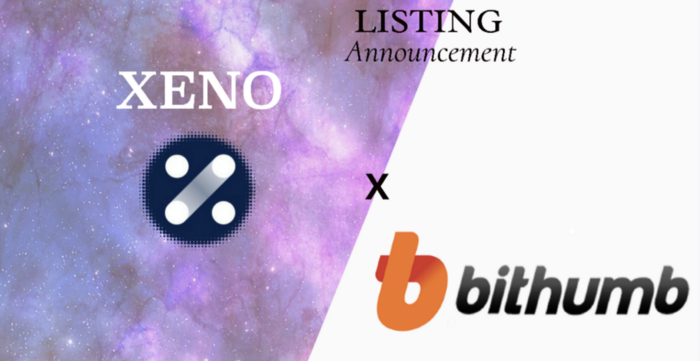
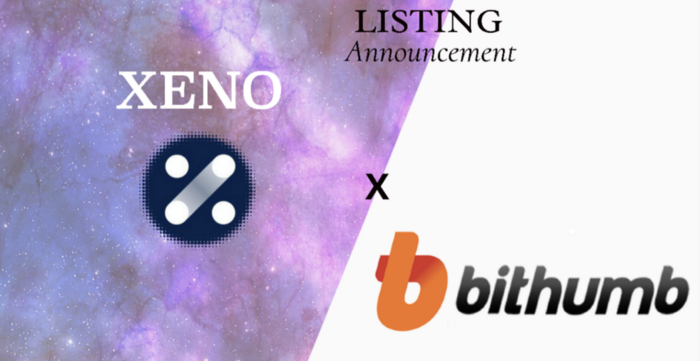
Hong Kong, Hong Kong, 25th January, 2021, // ChainWire //
Xeno Holdings Limited (xno.live ), a blockchain solutions company based in Hong Kong, has announced the listing of its ecosystem utility token XNO on the ‘Bithumb Korea’ cryptocurrency exchange on January 21st 2021.
Xeno NFT Hub (market.xno.live ), developed by Xeno Holdings, enables easy minting of digital items into NFTs while also providing a marketplace where anyone can securely trade NFTs.
The Xeno NFT Hub project team includes former members of the technology project Yosemite X based in San Francisco and professionals such as Gabby Dizon who is a games industry expert and NFT space influencer based in Southeast Asia.
NFT(Non-Fungible Token) technology has recently gained huge focus in the blockchain arena and beyond, making waves in the online gaming sector, the art world, and the digital copyrights industry in recent years. The strongest feature of NFTs is that “NFTs are unique digital assets that cannot be replaced or forged”. Unlike fungible tokens such as Bitcoin or Ether, NFTs are not interchangeable for other tokens of the same type but instead each NFT has a unique value and specific information that cannot be replaced. This fact makes NFTs the perfect solution to record and prove ownership of digital and real-world items like works of art, game items, limited-edition collectibles, and more. One of the ways to have a successful…
Altcoins
XENO starts VIP NFT trading service and collaborates with contemporary artist Hiro Yamagata
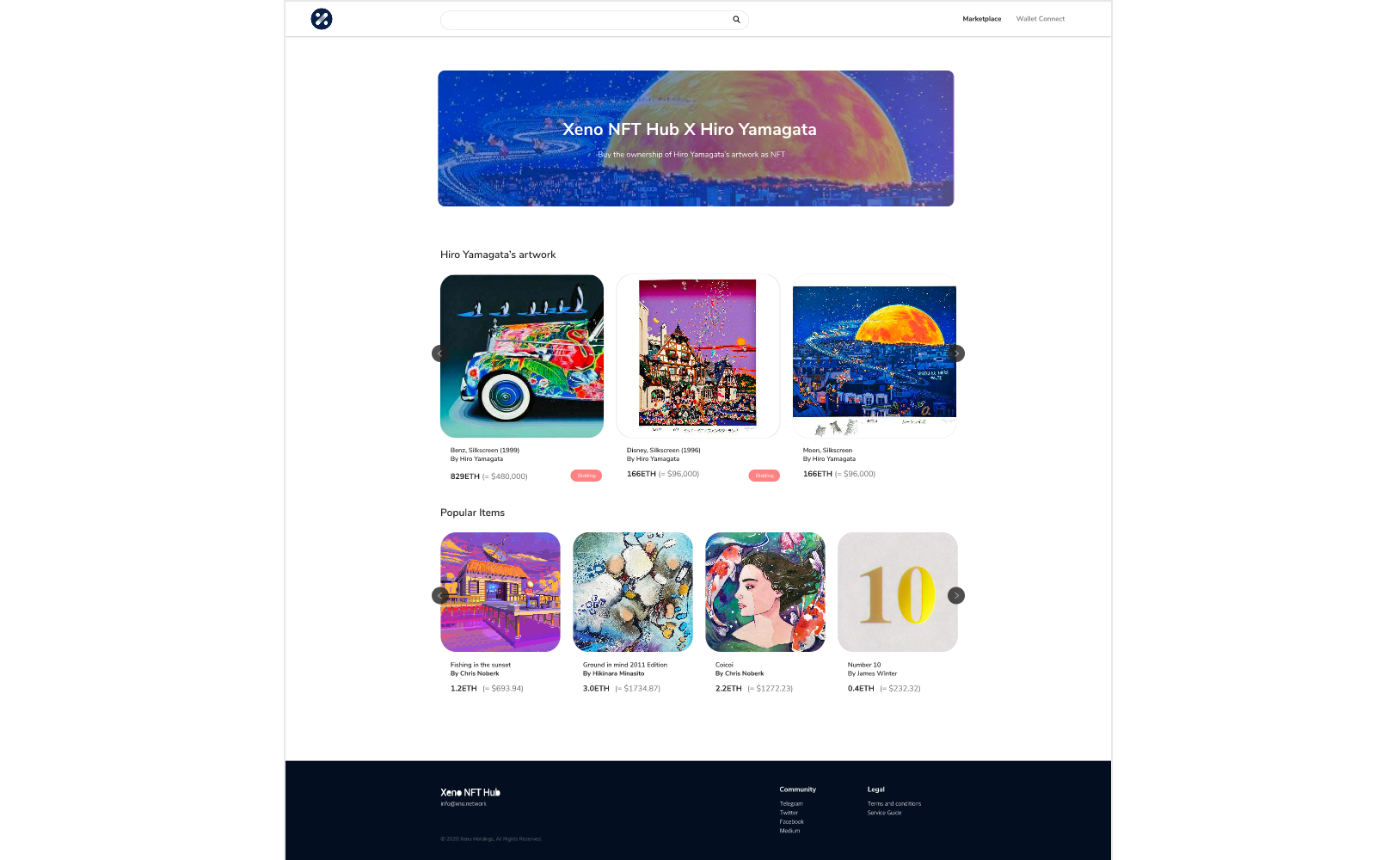
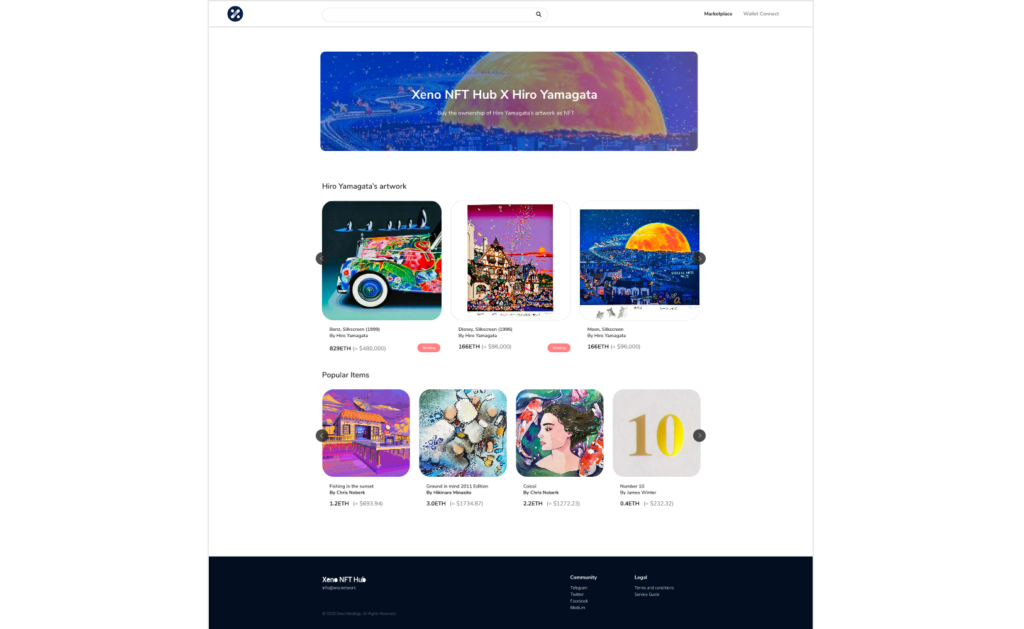
Hong Kong, Hong Kong, 24th December, 2020, // ChainWire //
The XENO NFT Hub (https://xno.live) will provide a crypto-powered digital items and collectables trading platform allowing users to create, buy, and sell NFTs. Additionally it will support auction based listings, governance and voting mechanisms, trade history tracking, user rating and other advanced features.
As a first step towards its fully comprehensive service, XENO NFT Hub launched a recent VIP service to select users and early adopters in December 2020 with plans for a full Public Beta to open in June 2021.
“NFTs are extremely flexible in their usage, from digital event tickets to artwork, and while NFTs have a very wide spectrum of uses and categories XENO will initially focus its partnership efforts and its own item curation on three primary areas: gaming, sports & entertainment, and collectibles.”, said XENO NFT Hub president Anthony Di Franco.
He also added “This does not mean we will prohibit other types of NFTs from our ecosystem However, it simply means that XENO’s efforts as a company will be targeted into these verticals initially as a cohesive business approach.”
Development and Procurement Lead, Gabby Dizon explained, “Despite our initial focus, we found ourselves with a unique opportunity to host some of the works of Mr. Hiro Yamagata. We are collaborating with Japanese artist Hiro Yamagata to enshrine some of his artwork into NFTs.”
Mr. Yamagata has…
Altcoins
My Crypto Heroes Announces Issuance of MCH Governance Token


Tokyo, Japan, 24th November, 2020, // ChainWire //
My Crypto Heroes is happy to announce the issuance of MCH Coin as an incentive to players in the My Crypto Heroes ecosystem, aiming to allow them to craft a “User-oriented world”. The MCH coin is available on Uniswap with a newly created pool with ETH.
My Crypto Heroes is a blockchain-based game for PC and Mobile. It allows users to collect historic heroes and raise them for battle in a Crypto World. Officially released on November 30th, 2018, MCH has recorded the most transactions and daily active users than any other blockchain game in the world.
What is MCH Coin?
MCH Coin is being issued as an ERC-20 Standard Governance Token. The issuance began on November 9th, 2020, with 50 million tokens issued.
Of the funds issued, 40% are allocated to a pay for on-going development and as rewards for advisors and early investors. 10% are allocated to marketing and the growth of the ecosystem, and 50% are allocated to the community. The Distribution Ratio of the MCH Coin is subject to change via a governance decision.
The MCH coin will be used as a voting right as part of the ecosystem’s governance, with 1 coin being 1 vote. It will also be used for in-game utilities and payments. Additional information can be found here:
https://medium.com/mycryptoheroes/new-ecosystem-with-mchcoin-en-a6a82494894f
During December 2020 the first…
-

 Blogs6 years ago
Blogs6 years agoBitcoin Cash (BCH) and Ripple (XRP) Headed to Expansion with Revolut
-

 Blogs6 years ago
Blogs6 years agoAnother Bank Joins Ripple! The first ever bank in Oman to be a part of RippleNet
-

 Blogs6 years ago
Blogs6 years agoStandard Chartered Plans on Extending the Use of Ripple (XRP) Network
-

 Blogs6 years ago
Blogs6 years agoElectroneum (ETN) New Mining App Set For Mass Adoption
-

 Don't Miss6 years ago
Don't Miss6 years agoRipple’s five new partnerships are mouthwatering
-
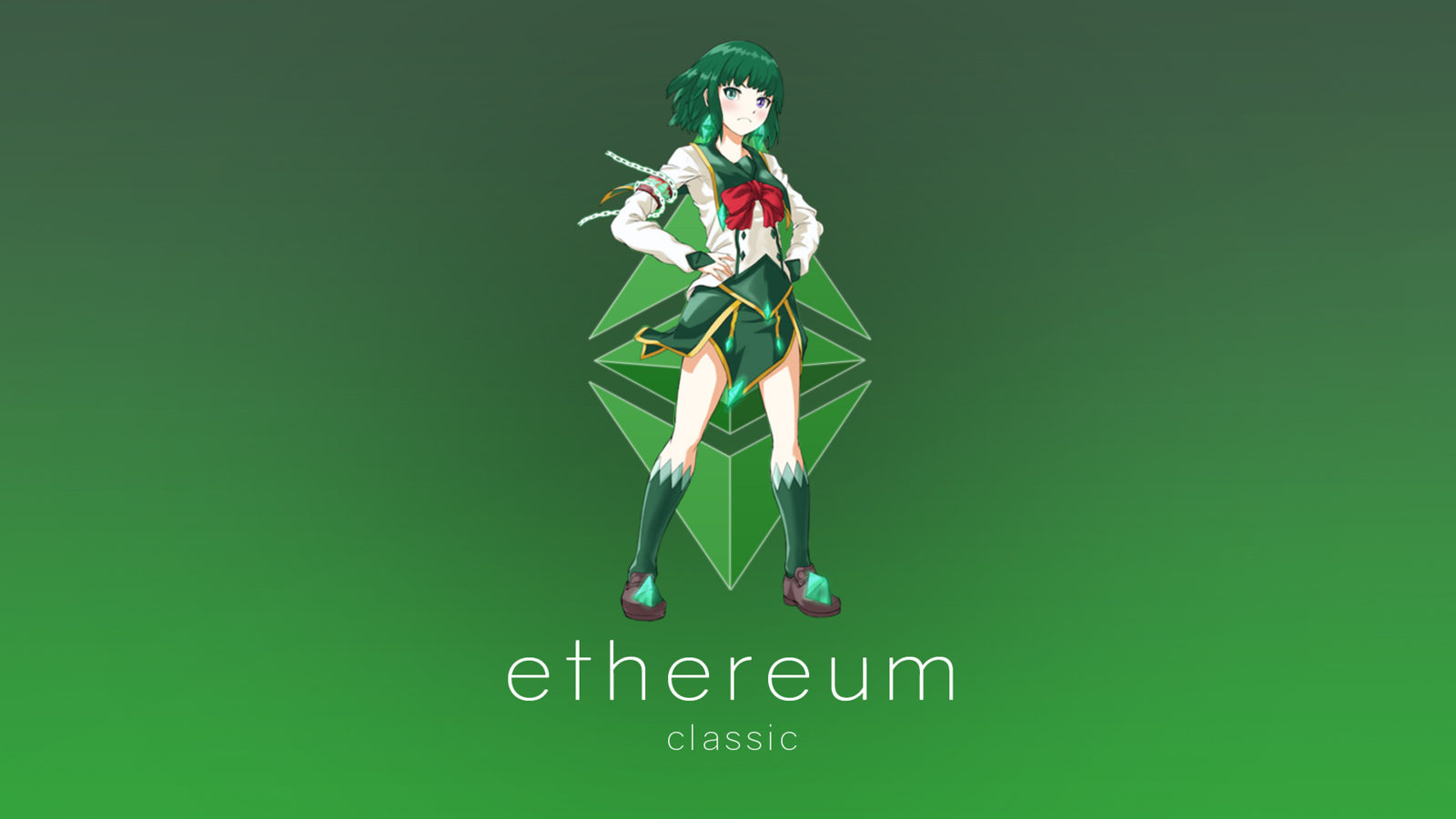
 Blogs6 years ago
Blogs6 years agoEthereum Classic (ETC) Is Aiming To Align With Ethereum (ETH)
-

 Blogs6 years ago
Blogs6 years agoCryptocurrency is paving new avenues for content creators to explore
-

 Blogs6 years ago
Blogs6 years agoLitecoin (LTC) Becomes Compatible with Blocknet while Getting Listed on Gemini Exchange

